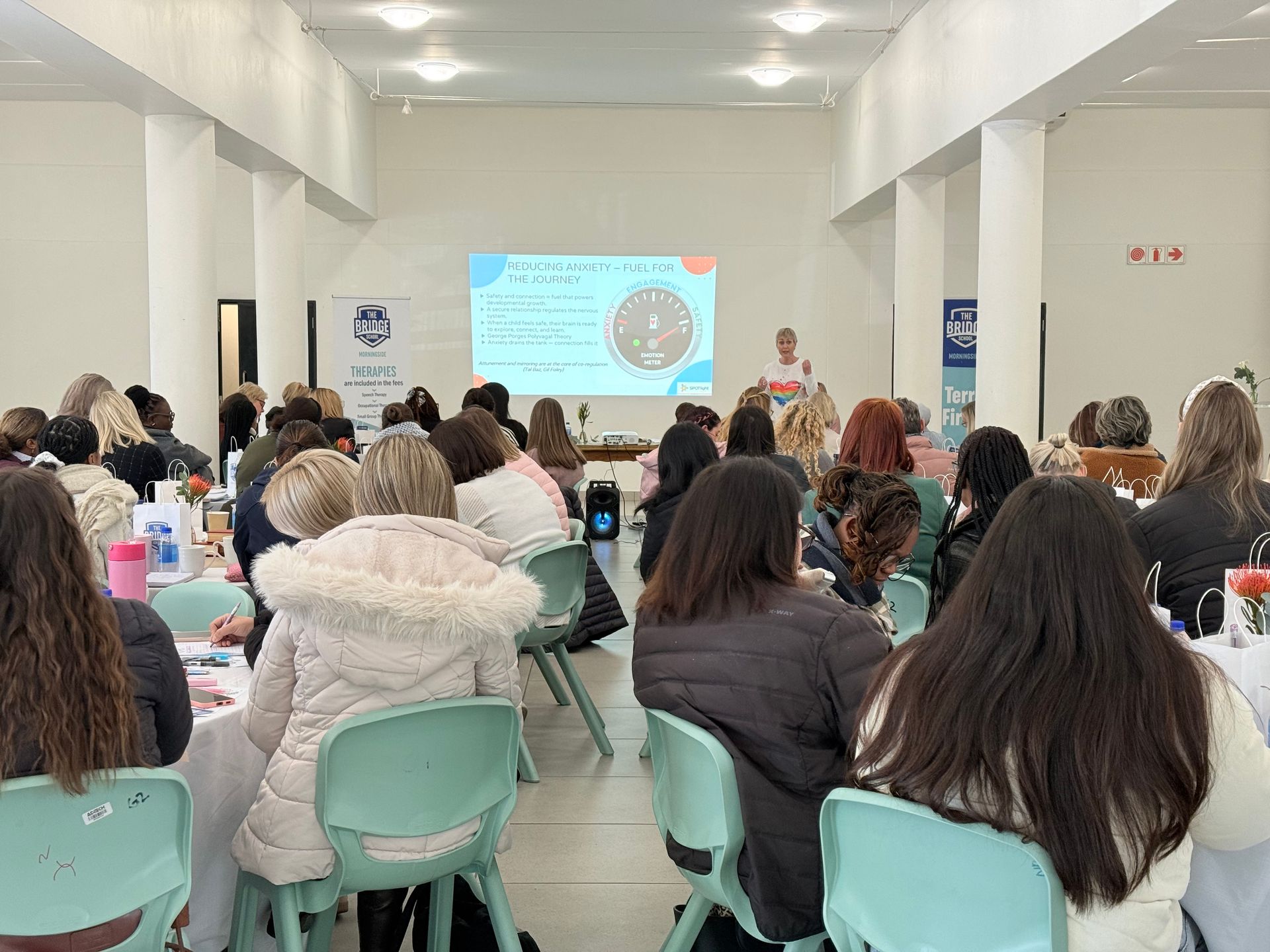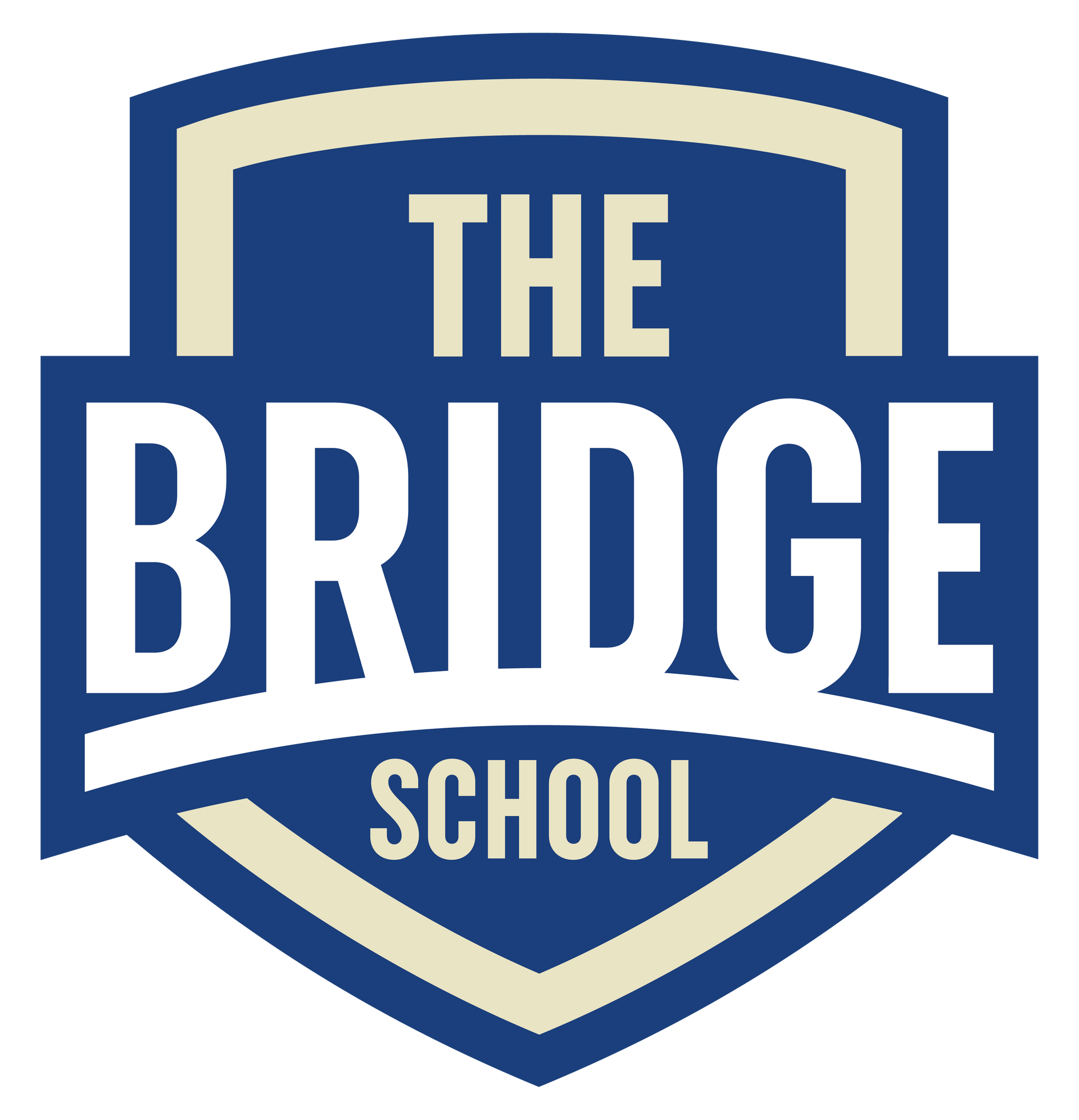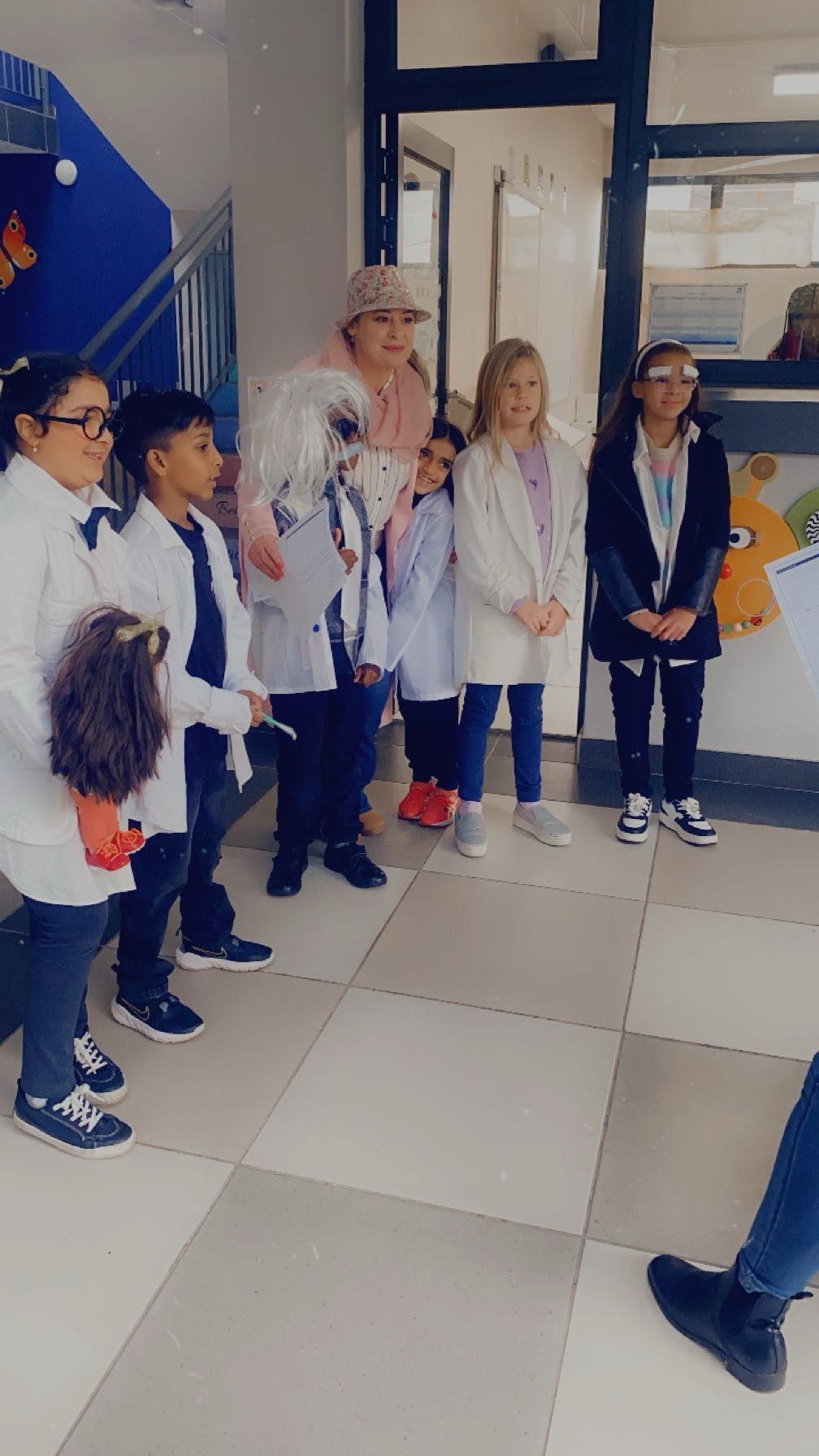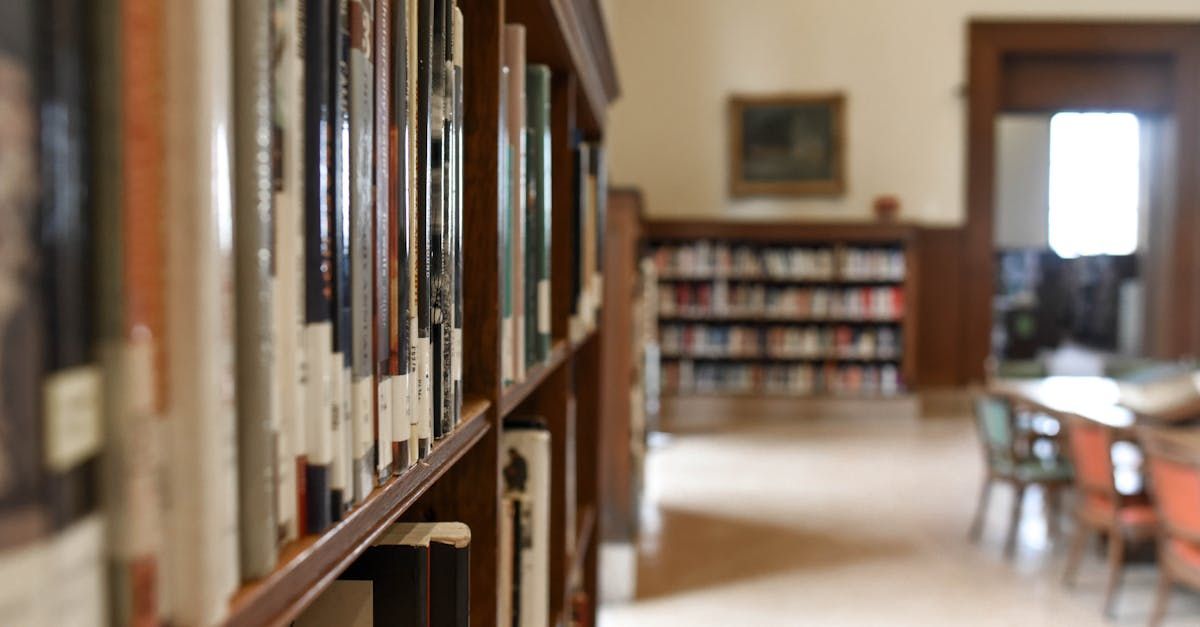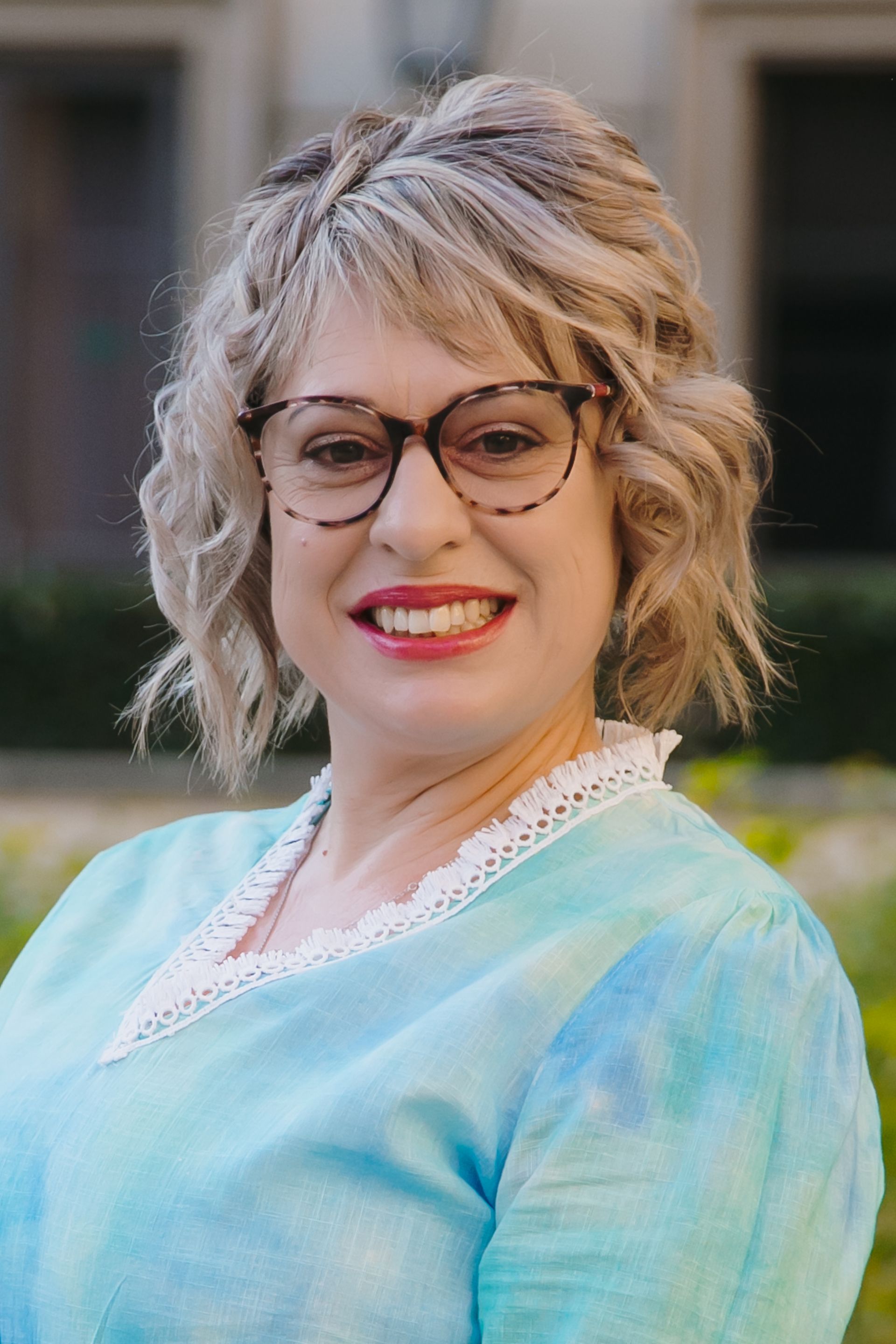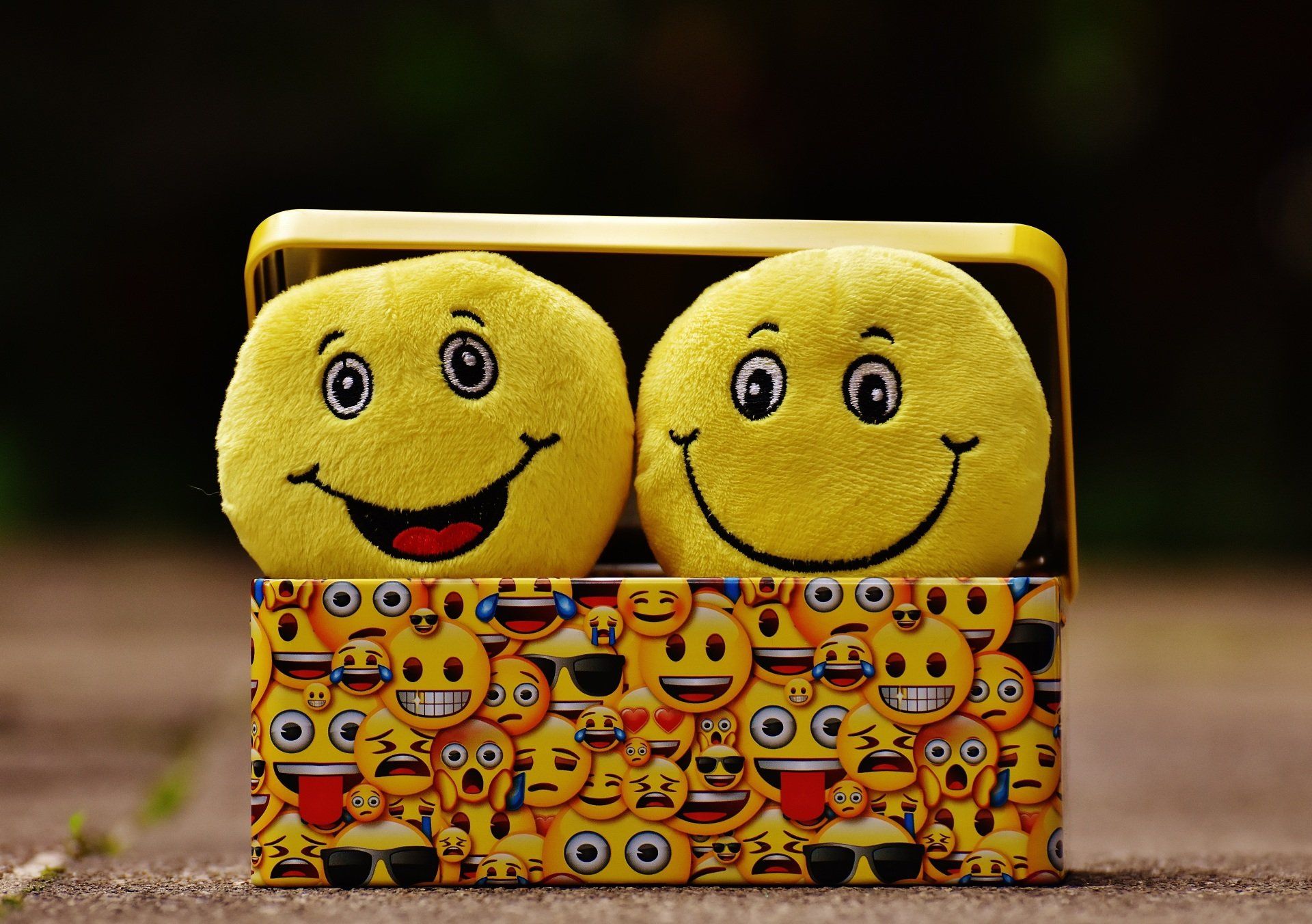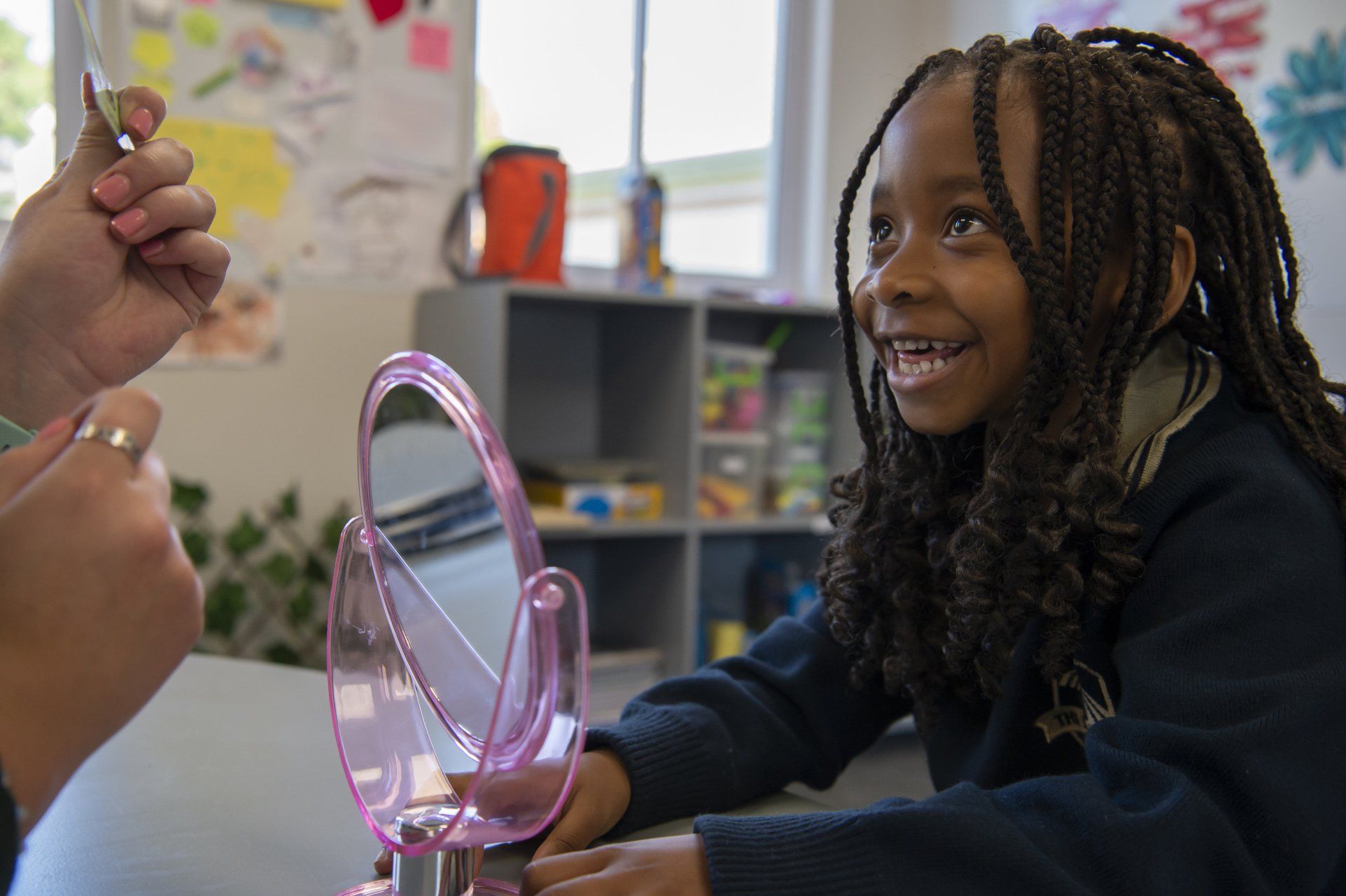Unravelling the Mysteries of Paediatric Speech Disorders
Speech disorders are the most commonly treated component of Speech Therapy that we target here at The Bridge. Our children grapple with a range of speech difficulties, from a stutter/stammer, to an apraxia of speech or even common speech sound disorders.
Stuttering:
Stuttering is like a hiccup in the melody of speech—a momentary disruption in the fluency of speech that can impact intelligibility and confidence. Research has shown that stuttering is a complex interplay of genetic, neurological, and environmental factors. Based on the strong link to psychological and environmental factors, Speech Therapy targets those first through mindfulness techniques, pacing and confidence building. Stuttering therapy is often paired with long-term maintenance techniques and strategies for children to use in their every-day lives when they struggle. Therapy does not always resolve the stutter, but rather equips the child with overcoming the symptoms when they arise.
Apraxia:
Childhood apraxia of speech is one of the most commonly misdiagnosed speech sound disorders that affect children. It is easily explained as a disconnect between the brains passage of speech and the motor movements of the oral structure to form the precise movements for the speech. By understanding the neurological underpinnings of apraxia, we can empower our children with tailored and research-backed therapy techniques, learn about dynamic cueing, sound sequencing exercises, and the powerful role of family involvement in helping these young maestros compose their symphony of words.
Speech Sound Disorders:
Intelligible speech is vital for fluent comprehension. However, as our little ones develop their oral motor muscles and the movements required for the complex task of speech, it is common for mispronunciations to occur. Speech sound disorders impact our speech intelligibility and range from severe to not-severe. Speech sound disorders include a lisp, phonological processors such as final consonant deletions and errors in the placement or resonance of specific sounds. Speech sounds develop with age and include milestones. Speech Therapy addresses error sounds as per what is age-appropriate. Speech sound errors are commonly treated in fun and engaging activities to ensure the child’s full participation and effort.
Paediatric speech disorders is not as intimidating as it may seem. Armed with knowledge, empathy, and patience, we can pave the way for our children to conquer communication challenges with confidence and support.
Our goal is not simply to "fix" speech, but to empower our children to express their true selves. Together, let us champion their unique voices, celebrate their victories, and embrace the beautiful symphony of communication that unfolds within our vibrant school community.
Zulaikha Goolam
Speech and Language Therapist
